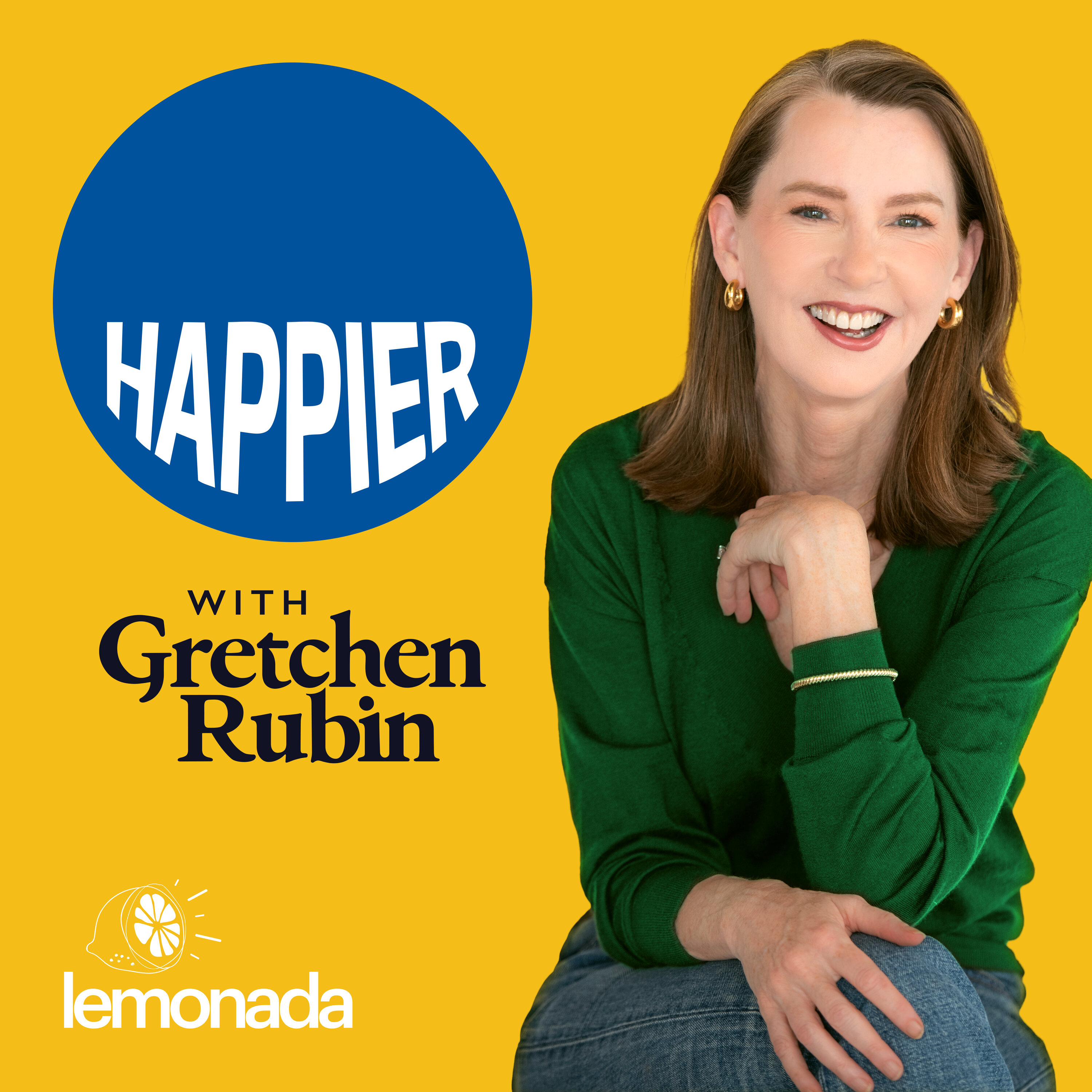
I recently read the excellent novel Oh, William! (Amazon, Bookshop) by Elizabeth Strout. I loved many passages in the book, and one particularly stuck out to me.
I read and re-read this passage, because I love this beautiful example of loving action.
In the novel, the main character is Lucy Barton (a character you may know if you’ve read Strout’s earlier novel, My Name Is Lucy Barton (Amazon, Bookshop) or the more recent novel, Lucy by the Sea (Amazon, Bookshop). Lucy grew up in dire poverty, with an abusive father and a distant, difficult mother.
In the first chapters of the novel Oh, William! (Amazon, Bookshop), Lucy mentions that when she was seventeen years old, she won a full scholarship to college. When the time came to leave for school, Luck packed her clothes in two grocery bags and a box from her father’s trunk, and her guidance counselor, Mrs. Nash, picked her up from her house and drove her to school.
Several pages later, Lucy reflects on that day with Mrs. Nash:
As we drove along she suddenly pulled off the turnpike and drove to a shopping mall, and tapping my arm she said, “Get out, get out,” and we got out and went into the mall and then she put a hand on my shoulder and looked into my eyes and said, “In ten years, Lucy, you can pay me back, okay?”
On that trip to the mall, she bought Lucy shirts, skirts, blouses, underwear, jeans, and a suitcase, and before they packed the new clothes in the suitcase, Mrs. Nash took a tiny pair of scissors and cut off all the price tags.
Lucy continues,
In ten years she had died; it was a car accident that killed her, so I never paid her back and I have never forgotten her.
She recalls,
When we got to the college that day I said to Mrs. Nash, sort of jokingly, “Can I pretend you’re my mother?” And she looked surprised and then said, “Of course, you can, Lucy!” And even though I never called her Mom, when she went into the dorm with me she was nice to people and I think they thought she was my mother.
I will always—oh, always!—I will always love that woman.
From the novel, we don’t know if Lucy ever told Mrs. Nash how much she loved her, and that she had always remembered that day.
And as I thought about it, it occurred to me that if the novel had revealed that Lucy never thanked Mrs. Nash, I wouldn’t have been surprised.
It seems to me that sometimes when we’re the most thankful when that feeling goes deepest, it’s very hard to express it, or perhaps even mention it.
Perhaps that’s a good thing to keep in mind, if we wonder why someone has never thanked us for something we’ve done.
